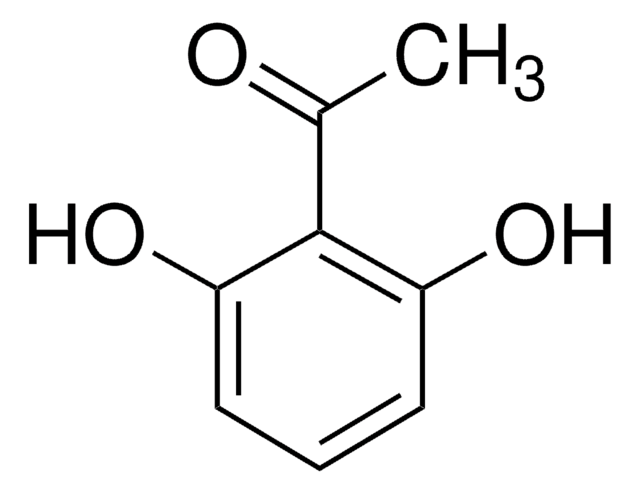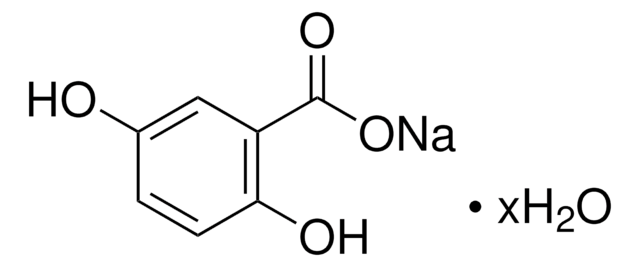85707
2,5-Dihydroxybenzoic acid
matrix substance for MALDI-MS, >99.0% (HPLC)
Synonym(s):
2,5-DHBA, DHB, Gentisic acid, Hydroquinonecarboxylic acid
About This Item
Recommended Products
grade
matrix substance for MALDI-MS
Quality Level
Assay
>99.0% (HPLC)
form
powder
analyte functional class(es)
polymers
analyte chemical class(es)
glycans, lipids, organic molecules, peptides, proteins
technique(s)
MALDI-MS: suitable
mp
200-207 °C
204-208 °C (lit.)
cation traces
Ba: ≤5 mg/kg
Ca: ≤5 mg/kg
Cd: ≤5 mg/kg
Co: ≤5 mg/kg
Cr: ≤5 mg/kg
Cu: ≤5 mg/kg
K: ≤5 mg/kg
Mg: ≤5 mg/kg
Mn: ≤5 mg/kg
Na: ≤5 mg/kg
Ni: ≤5 mg/kg
Pb: ≤5 mg/kg
Zn: ≤5 mg/kg
ε (extinction coefficient)
>2000 at 337 nm
SMILES string
OC(=O)c1cc(O)ccc1O
InChI
1S/C7H6O4/c8-4-1-2-6(9)5(3-4)7(10)11/h1-3,8-9H,(H,10,11)
InChI key
WXTMDXOMEHJXQO-UHFFFAOYSA-N
Looking for similar products? Visit Product Comparison Guide
Related Categories
Application
related product
Signal Word
Warning
Hazard Statements
Precautionary Statements
Hazard Classifications
Acute Tox. 4 Oral
Storage Class Code
11 - Combustible Solids
WGK
WGK 3
Personal Protective Equipment
Choose from one of the most recent versions:
Already Own This Product?
Find documentation for the products that you have recently purchased in the Document Library.
Customers Also Viewed
Articles
Glycosylation is known to have profound influence on various physiochemical, cellular and biological functions of proteins. Alterations in this modification are known to affect the immune system and have been associated with various pathological states such as cancer, rheumatoid arthritis, and inflammatory diseases.
Mass Spectrometry of Glycans, method comparison and products
Protocols
The development of modern mass spectrometry (MS) equipment with high resolution and mass accuracy has led to its use in analyzing glycans for both profiling and structural studies.
Our team of scientists has experience in all areas of research including Life Science, Material Science, Chemical Synthesis, Chromatography, Analytical and many others.
Contact Technical Service

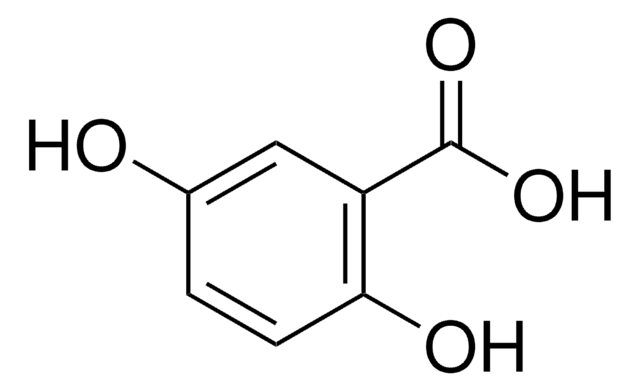

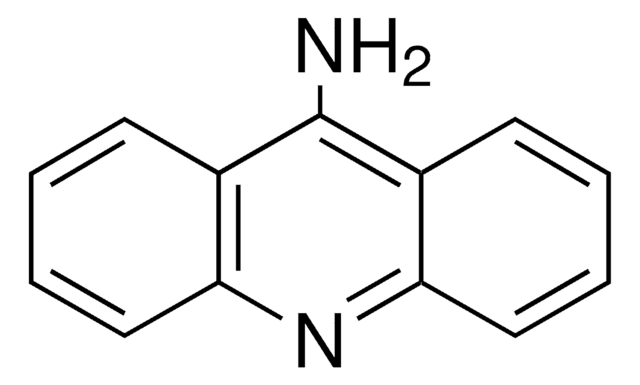
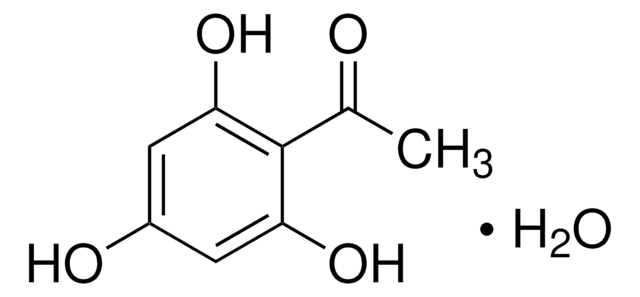
![trans-2-[3-(4-tert-Butylphenyl)-2-methyl-2-propenylidene]malononitrile matrix substance for MALDI-MS, ≥99.0% (HPLC)](/deepweb/assets/sigmaaldrich/product/structures/249/587/f8021369-f65a-413d-887d-3c8a4d2a248f/640/f8021369-f65a-413d-887d-3c8a4d2a248f.png)
